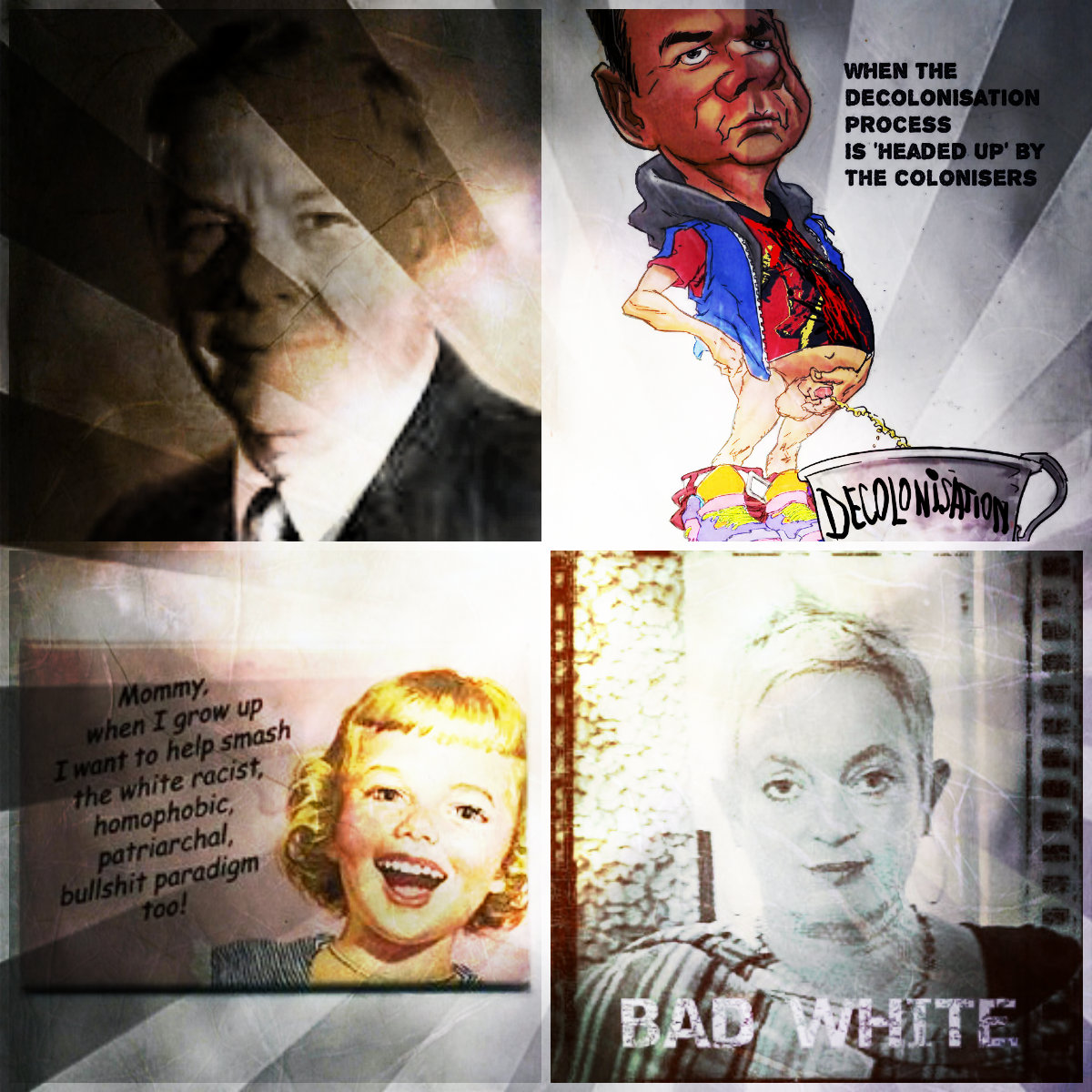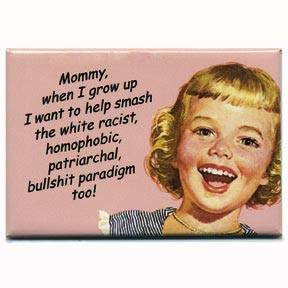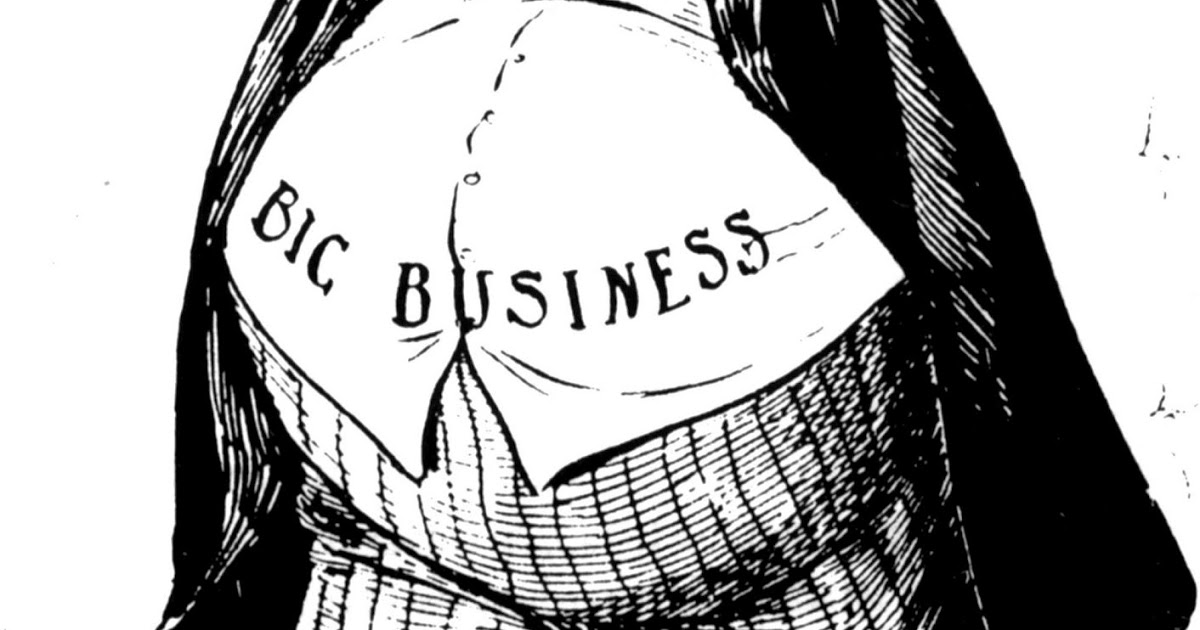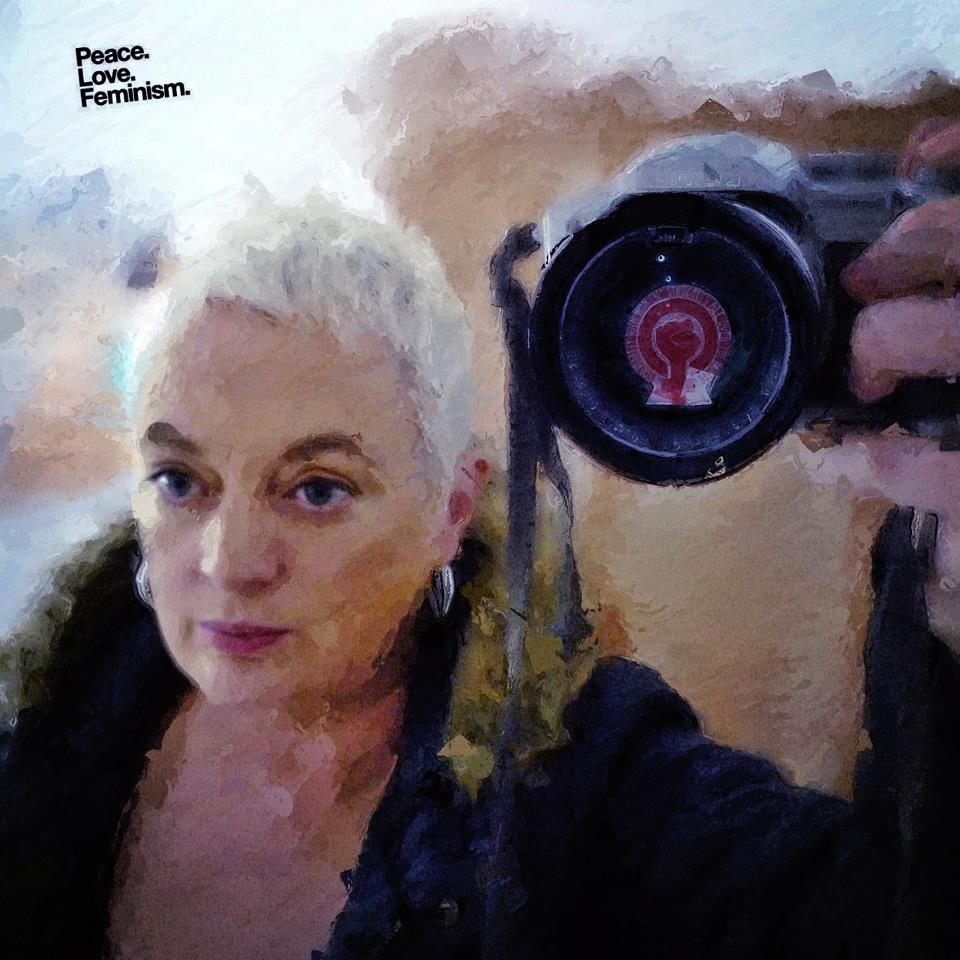Gillian Schutte writes about shining the light on whiteness and white privilege.
As a white person privy to a gamut of white attitudes, it is of great interest to me to explore how these divisive perspectives of white privilege proliferate in a way that contributes to an alienating of those who are not white.
As a long-term wife and mother in a Xhosa family, I am also often intimately engaged with expressions of the experiences of black society in relation to white society.
It is the combination of white attitudes and black responses that informs my writing about whiteness.
I do not seek to set myself up as “the only good white” in South Africa, as many of my opposers have told me. I simply mean to shine a light on the unresolved and deceptive premise of whiteness and white privilege, a destructive phenomenon that many whites are oblivious to.
Whiteness is a category that has been recognised to be false by scientists, as well as race and evolutionist theories. The racial category of “white” cannot exist unless in relation to, or in binary with, other classifications in the racial man-made hierarchy that has itself been fabricated and perpetuated by whiteness.
Only by defining the racialised “other” is whiteness able to define itself as a race elevated above other races.
Whiteness exists in a parasitic symbiosis with “the other”, upon which it builds the false global system of white privilege – a system that is dependent on the oppressed “other” for manpower, yet whose humanity it has discarded over centuries to justify its means.

Paul Kivel, author of Uprooting Racism: How White People Can Work For Racial Justice, writes: “Racism is based on the concept of whiteness – a powerful fiction enforced by power and violence.
“Whiteness is a constantly shifting boundary separating those who are entitled to have certain privileges from those whose exploitation and vulnerability to violence is justified by their not being white.”
In the past 50 years or so, this system of whiteness has “granted the other” a chance to join the whitist global economy – but with restrictions and parameters and often as shareholders, junior partners or managers of white monopoly capital that has accrued wealth over centuries through the system of capitalism founded on slave labour.
The manufactured discourse that upholds this unequal system is one that pretends not to be racist while invariably indulging in racist practices. It is this narrative that I seek to unpack along with other contemporary race narratives that have proliferated since the advent of globalisation.
Its lexicon works to uphold and validate neo-liberalism by seeking to distance itself from racism in words, but not in practice.
I have chosen to deconstruct this fallacious model of whiteness in the South African context by drawing from the work of race theorists in other settler societies, such as the US.
This is my attempt to understand the unresolved space of race relations in our new democracy and to unpack the multifarious narratives the white society has constructed to protect its privilege in the new South Africa and globally.
I locate myself as someone who was born into the racist whiteness construct and as such am in a constant reflexive mode of working through this programming.
As an activist I try to work towards genuine race abolition in a context that is available to me. I have little tolerance for the reinscribing of white privilege through the disingenuousness of those who mark their latent white superiority by language of false “reasonableness”, which interprets progress only by their values and attitudes.
Hence you find some “reasonable” white liberals berating me for attacking the core of white selfhood and who hide behind demands for reasonableness when they perceive attack.
This is their last refuge in protecting the underground laager of their zeitgeist. The irony of defending the zeitgeist, built on the historical and contemporary theft of selfhood to achieve white autonomy and dignity and by guarding what was stolen by racial classification, is lost on them.
Surely it can only be a false sense of self that relies on the advancement of one’s dignity by hanging on to subsumed identity theft? How can one “race” own the privilege of selfhood by ripping the experience of self from another through a historically violent, abusive and racist system?
Apply gender theory to this phenomenon if it makes it easier – we all know that an abusive man does not stop his violence until he is forced to.

People cry white guilt when it comes to insulting race justice activists – but one would have to be a sociopath not to feel any guilt about the generational privilege accrued to whites, so gauchly visible alongside the generational oppression heaped upon the Black majority. It is the absolute disgust at the state of affairs brought about by the historical capitalist pursuit of wealth and privilege by a minority at the expense of larger humanity that drives me.
The human suffering, cruelty and psychopathy propagated by this system cannot be acceptable, especially in the guise of being “reasonable”.
I do not want to uphold and perpetuate an arrangement that benefits some and creates indefensible levels of suffering for others.
We should all have the privilege of living with dignity, of being able to engage in intellectual, artistic and spiritual pursuits and have our humanity acknowledged.
Buying into false race and class constructs destroys our common humanity, whether we are engaged in this consciously or unconsciously. I believe that until we are able to rid ourselves of our racist indoctrination and white privilege we will remain complicit in the perpetuation of a system that can only be described as anti-humanity.
Until we have overthrown a method that perpetuates these false divisions, that benefit the rich and elite at the expense of the poor and oppressed, we must put aside our individuality and fight for the rights and dignity of the collective.
In this way my treatment of the race issue is located in a framework of “socialist ubuntuism” or egalitarianism, and I treat class as a race phenomenon in the context of South Africa.

My interest and reach lies within the ambit of whiteness discourses in relation to blackness, power and class; and my focus is often on the binary between privilege and poverty.
Over the past two decades various whiteness narratives have popped up from different positions – with the bulk of the white population casting itself in the role of “victims of the black majority”.
These narratives have taken the form of calling high crime rates in farming areas the “genocide” of white farmers, and the diatribe about BEE and that “the blacks steal all the jobs”. Most subtle is the abuse of the “rule of law” narrative to feed unconscious resentment for loss of power and to shift blame by assuming false moral authority.
These narratives seldom take note of the issue of poverty and privilege, but remain rooted in the “us and them” continuum.
The narrative that often escapes scrutiny is the “new liberal double-speak” that pays lip service to non-racism in a vacuum of self-reflection and results in a covert racism that manifests as a subtle practice of resentment towards black excellence, or exaggerated outrage towards black failings, while denying this fact or remaining unconscious to this reality.
This is the language of institutional racism. In my framework I am aware that while most whites are taught to remain oblivious to the manner in which their privilege continues to oppress blackness, not all whites are unaware of their privilege and racism.
There are white progressives, who have what theorists have called “attitudinal activism”, and who do the work towards transforming racial attitudes.
Contrary to what many believe, I do not write on this topic because I hate white people or loathe my own white skin, or because I want all black people to love me, or because I am mean, nasty, aggressive and rude.
I write about whiteness because I cannot sit back and witness the utter destruction that a system of disproportionate white supremacy has caused in the world.

I am passionately against a capitalist, whitist order that has benefited, as well as schooled, white people into a mindset of fear and loathing of the monsterised other and rabid protectionism over their privilege. Compassion for collective humanity is not a whitist practice – instead compassion is reserved for those who look and think like them. It is the opposite of the sophisticated and regenerative life system known as uBuntu.
I continue to deconstruct racism in my writing because I believe that if a critical collective of white people join in the move to obliterate this deceptive consciousness premised on racial falsities and discourses that pay lip service to empty notions of non-racism, then we will stand a chance to regain our humanity.
This opens up an opportunity to reclaim a sense of self that is not premised on the defence of a system that seeks to oppress others – and which will make way for a future where we acknowledge and celebrate our humanity only because every person’s humanity is acknowledged and celebrated equally.
Until then this divisive system of whiteness will make us “whites” redundant to the paradigm shift driven by the very people who have been oppressed for centuries by a bigoted and chauvinistic organism that classifies some as more human than others.
There is another way.
* Schutte is a founding member of Media for Justice, a social justice and media activist as well as a documentary film-maker.
** The views expressed here are not necessarily those of Independent Media.

